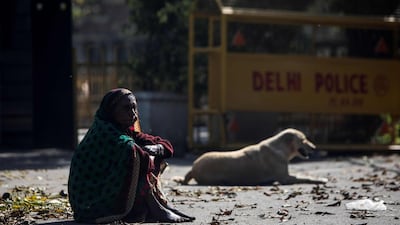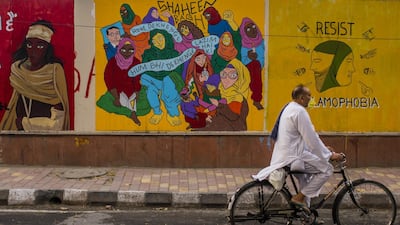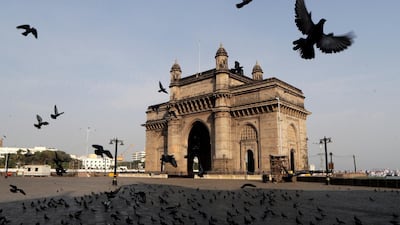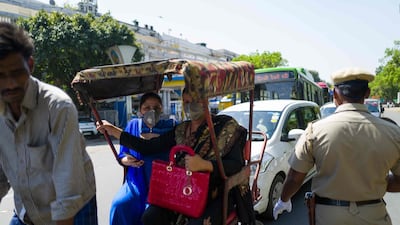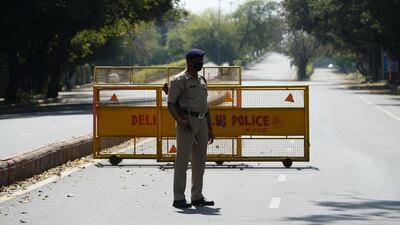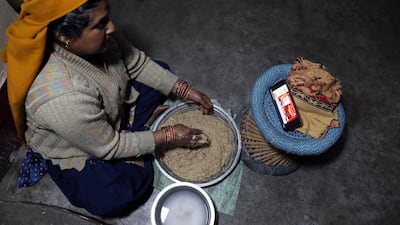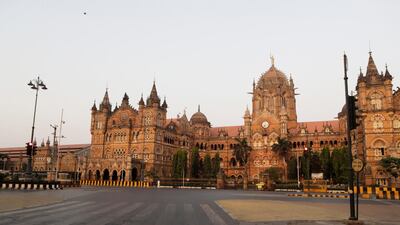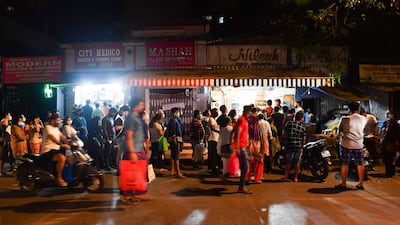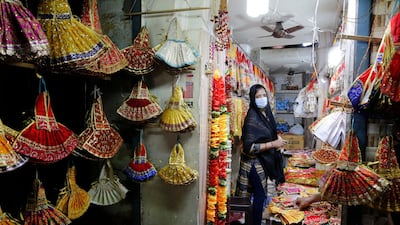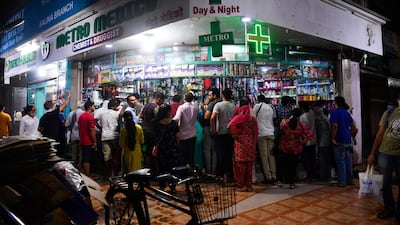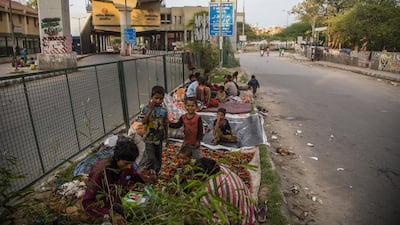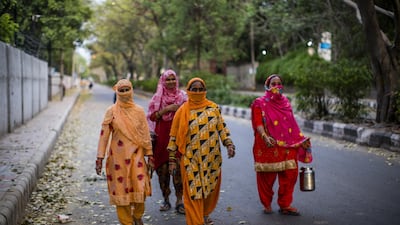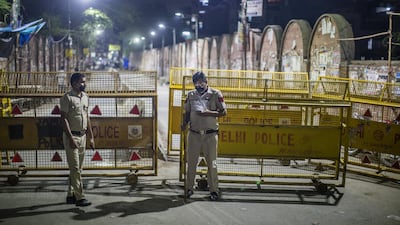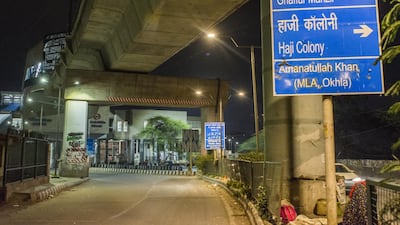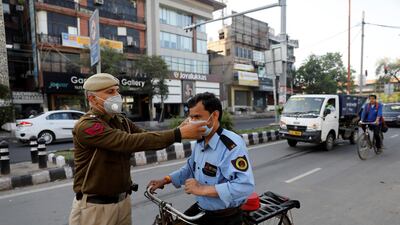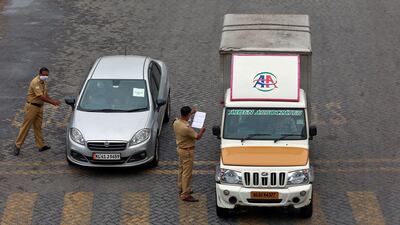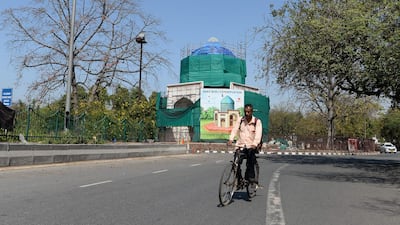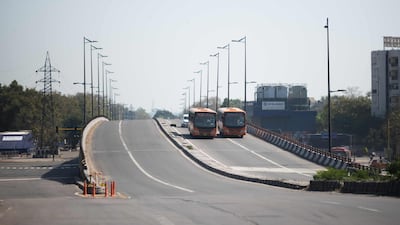Ethiopia promised on Tuesday to restore phone and internet services to the country’s Oromia region amid criticism from rights groups that millions were being denied access to vital information about the coronavirus outbreak.
Communications in the region have been cut off since January, when the military ramped up an operation against a rebel group known as the Oromo Liberation Army. Prime Minister Abiy Ahmed came under pressure in recent weeks to end the communications blackout as Ethiopia responds to its first wave of Covid-19 cases, which reached 29 on Wednesday.
“Currently the peace situation in western Oromia has been improved by security and community participation, and starting from today the telecommunications service will be restored,” Shimelis Abdisa, deputy president of Oromia, announced on Tuesday, reported state-affiliated Fana Broadcasting Corporate.
Elsewhere, in Bangladesh, India and Myanmar, large communities are still cut off, despite a desperate need for access to information as coronavirus cases mount around the world. Rights groups have called for the blocks to be lifted so people can access health information and advice during the pandemic.
“Internet shutdowns block people from getting essential information and services,” said Deborah Brown, senior digital rights researcher and advocate at Human Rights Watch. “During this global health crisis, shutdowns directly harm people’s health and lives, and undermine efforts to bring the pandemic under control,” she said in an article published this week.
In Myanmar, the government is blocking the internet for more than one million people in Rakhine and Chin states. The country reported its first coronavirus death on Tuesday, days after the ministry of health warned it was at very high risk of a “major outbreak”. Myanmar, which has a weak health system from decades of neglect, has already faced criticism for its slow response to the outbreak.
Restricting internet access breaches various rights and can be “deadly” during a health crisis, HRW said in the report. “Since Covid-19 spread to India, people have reported not being able to access websites that provide information about the pandemic due to highly restricted speeds that make accessing anything beyond text messages nearly impossible.”
In Kashmir, more than eight million people lack reliable access to the internet after the government shut off communications following an announcement that it would revoke the region’s semi-autonomous status in August 2019. Access was partially restored last January following a gruelling five-month blackout, but it is limited to approved websites, and the 2G connection remains extremely slow.
The Internet Freedom Foundation in New Delhi has called on the government to “make all tools including high-speed internet available to doctors and patients to save lives”.
Last month, the Indian government restored full access and lifted the ban on social media sites during a two-week hiatus, but left mobile devices limited to slow speeds.
In Bangladesh, an internet blackout and phone restrictions at Rohingya refugee camps are hindering humanitarian groups from addressing the Covid-19 threat, jeopardising the health and lives of nearly 900,000 refuges, HRW said.
The UN High Commissioner for Human Rights has called for governments to end all internet and telecommunication shutdowns. “Amidst the Covid-19 crisis, fact-based and relevant information on the disease and its spread and response must reach all people, without exception,” spokesman Rupert Colville said in a statement last week.
